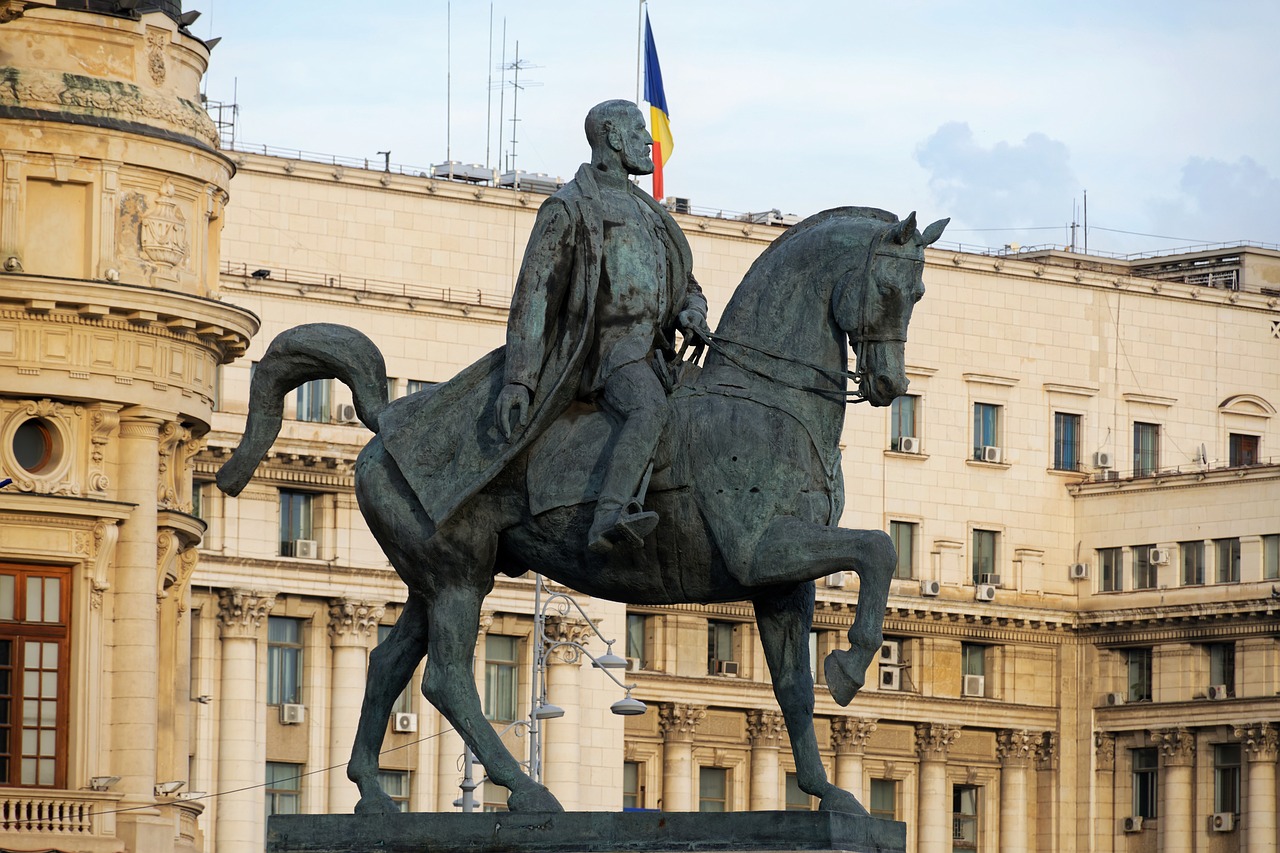Leadership is as ancient as humanity. Since the first tribes of barefooted humans hunted on the plains, there have been leaders. In fact, leadership is probably older than humanity, in that animals and other organisms display leadership. Pecking orders are part of many species that have been around much longer than we have, and the “scary leader” has been around just as long.
What usually sets a leader apart from those being led, whether in the animal kingdom or in groups of human beings, is an endowment of power. The physically, socially, intellectually, and sometimes spiritually dominant individual usually stands at the top of the heap. The earliest leaders were likely those who could climb the highest tree, hunt the biggest game, or mix the most powerful healing elixirs. More often, they were just the badass mesomorphs who could kick the asses of punier tribesmen.
Scary Leaders Personified
Most people agree that the world would benefit by having more good leaders. We pin our hopes on good leaders because we view them as demonstrators of high ideals, people who are in some way exceptional, and who live and act with the highest integrity. But as long as there have been good leaders, there have also been leaders who compromised their integrity and turned bad. In fact, the very first story ever put to the written word, The Epic of Gilgamesh, centers on immoral leadership. Gilgamesh, the king of Uruk, brings us the idea of droit de seigneur, or “lord’s right,” which is the right of the leader to exercise jus primae noctis – the king gets to deflower the community’s virgins on their wedding nights. Why? Because he can, that’s why.
Scary Leaders Illustrated

It’s the behavioral latitude, the “because I can” freedom, that necessitates the joining of morality to leadership. Just because you can do things that non-leaders can’t, doesn’t mean you should. But it is also the “because I can” freedom that causes some leaders to lead in a compromised and self-serving way. The unwritten understanding that leaders and followers share is that when you’re the one who sets the rules, judges others’ performance, and doles out the rewards, you have more unimpeded power and freedom than those who don’t get to do these things. Others serve at your pleasure and are accountable to you, not the other way around.
Leadership Privileges
Leadership is immensely important, particularly during times of intense challenge and change. But leadership is also massively seductive. Leaders are constantly being told how special and better they are. Think, for example, of the privileges that leaders are afforded that non-leaders don’t get. Leaders get bigger office spaces (with more windows), better parking spaces, more agenda airtime, more deference, and fatter salaries. They also get less flak when they show up late for meetings, interrupt people, or skirt around policies or processes that everyone else has to follow. Even the simple fact that there are far fewer leaders than followers illustrates their comparative specialness. The fact that not everyone gets to be a leader suggests that they are cut from a different cloth,
levitating above the rest of us mere mortals.
Leadership Should Be Earned

Consider too that a huge number of organizations in the world are family-owned, including Ford Motor Company, S.C. Johnson, and Walmart, to name a few. The specialness of leadership is even more prominent when family members are appointed into leadership roles for reasons that have more to do with bloodline than competency. This is an ancient leadership game. Monarchy is leadership’s original sin. It is very possible that the first ethical breach of leadership was some distant king deciding that his progeny should be the next ruler just for no other reason than being sired by the king’s sperm. “I am special,” the king declared, “and so are my offspring forevermore!” The king gets to reign as long as his namesake’s rule. It’s as close to immortality as a leader can
get.
Aside from illustrating how not to act when you’re in a leadership role, there’s something instructive about stories like these. They show that no matter how powerful a leader may get. No matter how enamored with his specialness he is, or how brown the noses of those following him, no leader gets to act abhorrently forever. No leader gets to be a god on Earth. As close as a leader may fly to the sun, his wings will melt eventually. As a result, he will freefall back down to the hard dirt floor. Call it leader karma.
Groucho Marx was right, “Time wounds all heels.”
It’s important to understand what makes a scary leader. By recognizing these signs, we can avoid adopting these traits and becoming the leader so many fear. How will you separate yourself from the scary leader?
This post is based on an excerpt from The Leadership Killer: Reclaiming Humility in an Age of Arrogance.
Images by: Mircea – All in collections, svklimkin, and PublicDomainPictures from Pixabay



